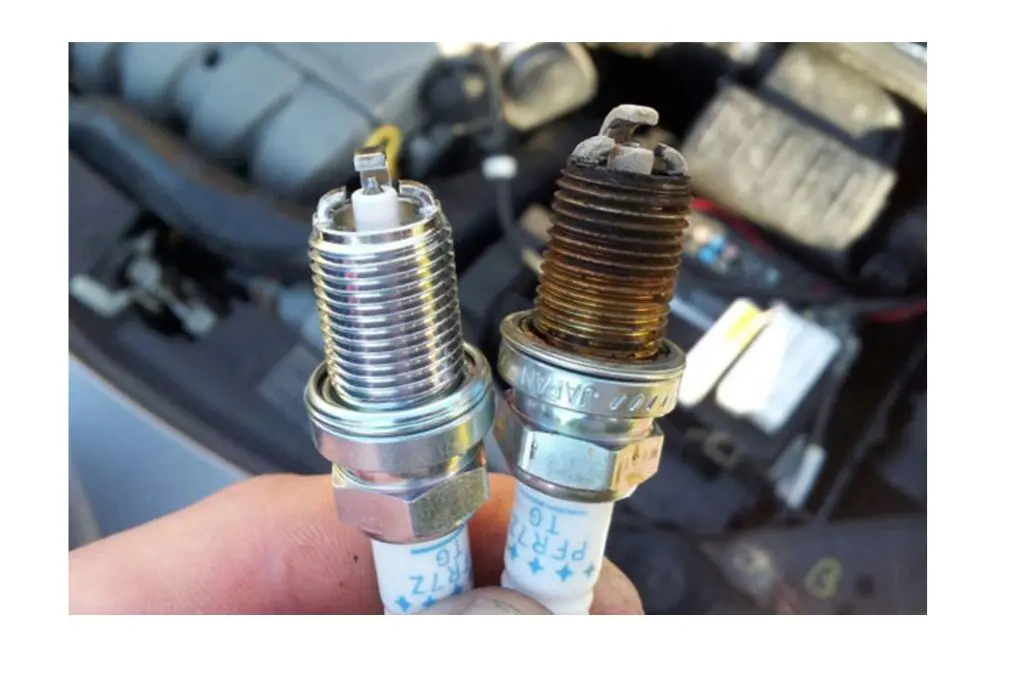Your car may shake when accelerating due to worn-out engine mounts or unbalanced tires. Damaged driveshafts can also cause this issue.

Experiencing vibrations while accelerating can be concerning and uncomfortable. It’s crucial to identify the root cause to prevent further damage. Common culprits include worn-out engine mounts, which fail to stabilize the engine, or unbalanced tires causing uneven distribution of weight.
Damaged driveshafts can also lead to shaking, particularly in rear-wheel-drive vehicles. Addressing these issues promptly ensures a smoother ride and prolongs your car’s lifespan. Regular maintenance and timely repairs can help avoid such problems, ensuring a safer and more pleasant driving experience. Make sure to consult a professional mechanic for an accurate diagnosis and effective solution.
Possible Causes
Many drivers worry when their car shakes during acceleration. Understanding the cause is crucial for safety and vehicle health. Various issues can lead to this problem. We will explore two possible causes in this blog post.
Engine Misfire
An engine misfire is a common cause of car shaking. When the engine misfires, it fails to ignite the fuel properly. This leads to a loss of power and smooth operation. The car may shake or vibrate as a result.
Some signs of an engine misfire include:
- Check engine light turns on.
- The car loses power during acceleration.
- Unusual engine noise or rough idle.
Several factors can cause an engine misfire:
| Cause | Description |
| Faulty ignition system | Problems with spark plugs, wires, or coils. |
| Fuel system issues | Problems with injectors, fuel pumps, or fuel filters. |
| Air intake issues | Problems with air filters or sensors. |

Worn Out Spark Plugs
Spark plugs play a vital role in the engine. They ignite the air-fuel mixture. Worn-out spark plugs can cause the engine to misfire. This can lead to car shaking during acceleration.
Signs of worn-out spark plugs include:
- Slow acceleration.
- Poor fuel economy.
- Difficulty starting the engine.
Replacing spark plugs is essential for engine performance. It is recommended to change spark plugs every 30,000 to 50,000 miles. Ignoring worn-out spark plugs can lead to further damage.
It’s important to address these issues promptly. Regular maintenance can prevent many problems. Keeping your car in good condition ensures a smooth and safe ride.
Transmission Issues
Car shaking during acceleration can be troubling. It often points to transmission issues. Understanding these problems helps in resolving them. Two common causes include worn-out clutch and torque converter problems.
Worn Out Clutch
A worn-out clutch is a frequent cause of car shaking. The clutch helps shift gears smoothly. Over time, it can wear out. This results in shaky and rough rides. Here are some signs of a worn-out clutch:
- Difficulty in shifting gears
- Grinding noise during gear shifts
- Spongy or loose clutch pedal
Ignoring these signs can lead to more problems. Regular maintenance checks can help. Mechanics can spot a worn-out clutch early. Replacing a worn-out clutch can be costly. But it ensures your car runs smoothly.
Here is a simple table showing the symptoms and their causes:
| Symptom | Possible Cause |
| Difficulty in shifting gears | Worn-out clutch |
| Grinding noise | Clutch wear |
| Spongy clutch pedal | Clutch issues |
Torque Converter Problems
Torque converter problems can also cause car shaking. The torque converter helps transfer power from the engine to the transmission. When it fails, shaking and vibrations occur. Key indicators of torque converter issues include:
- Car shudders at low speeds
- Slipping gears
- Overheating transmission
Regular checks can prevent these problems. Mechanics can detect and fix torque converter issues early. Replacing a faulty torque converter can be expensive. But it ensures better performance and smooth rides.
Here is a table summarizing the symptoms and their causes:
| Symptom | Possible Cause |
| Car shudders at low speeds | Faulty torque converter |
| Slipping gears | Torque converter issues |
| Overheating transmission | Torque converter failure |
Suspension Problems
Cars should run smoothly. But sometimes, you might feel your car shake when you press the gas pedal. This could be due to suspension problems. Issues in the suspension system can make your ride bumpy. Understanding these problems can help you fix them early and avoid bigger issues later.
Worn Out Shock Absorbers
Shock absorbers play a crucial role in your car’s suspension system. They help absorb the impact when you drive over bumps. If these shock absorbers wear out, you might feel your car shaking. This shaking is most noticeable when you accelerate.
Worn-out shock absorbers can cause several issues:
- Increased bounciness: Your car might bounce more than usual.
- Less control: Handling the car becomes harder.
- Uneven tire wear: Tires wear out faster and unevenly.
Signs of worn-out shock absorbers include:
| Sign | Description |
| Leaking fluid | Shock absorbers may leak oil. |
| Car dips | The front of the car dips when braking. |
| Rough ride | The ride feels rougher than usual. |
Regular checks and timely replacements can help keep your car’s shock absorbers in good shape. This ensures a smoother and safer ride.
Misaligned Wheels
Wheel alignment is another critical factor. Misaligned wheels can cause your car to shake. Proper alignment ensures that your wheels point in the right direction. Misalignment can happen due to hitting a curb or pothole.
Signs of wheel misalignment include:
- A car pulls to one side: The car drifts to one side.
- Steering wheel vibration: The steering wheel shakes.
- Uneven tire wear: Tires show uneven wear patterns.
Misaligned wheels can lead to other issues:
- Poor fuel economy: The car uses more fuel.
- Increased tire wear: Tires wear out faster.
- Handling problems: Steering becomes less responsive.
Regular wheel alignment checks are essential. This helps maintain the car’s performance and extends tire life.
Tire Issues
Many car owners ask, “Why does my car shake when I accelerate?” This common issue can cause worry. Often, the problem starts with tire issues. Tires are crucial for a smooth ride. If they are not in good condition, your car may shake. Understanding tire issues can help solve the problem.
Unbalanced Tires
One major cause of car shakes is unbalanced tires. When tires are not balanced, they cause the car to vibrate. This happens because the weight is not evenly distributed. Unbalanced tires can lead to many problems:
- Uneven tire wear: Unbalanced tires wear out faster on one side.
- Steering problems: The car may pull to one side.
- Suspension damage: The shaking can harm the suspension system.
To check if your tires are unbalanced, visit a mechanic. They will use special machines to balance the tires. Balanced tires provide a smoother ride. Regular tire checks can prevent this issue.
Worn Out Tires
Worn-out tires are another reason for car shakes. Tires have treads that grip the road. Over time, these treads wear down. Worn treads reduce traction and cause vibration. Look for these signs of worn-out tires:
- Bald spots: Areas with no tread left.
- Cracks: Small cracks in the rubber.
- Bulges: Swollen areas on the tire.
Worn-out tires are dangerous. They can lead to accidents, especially in wet conditions. Replace your tires when the treads are low. Check your tire pressure regularly. Properly inflated tires last longer and perform better.
Our Previous Post:
| How Much Paint to Paint a Car: A Complete Guide |
| How Many Axles Does a Car Have? Unveiling the Mystery! |
| What Does Car Registration Look Like?: Unveiling Essentials |
Frequently Asked Questions On Why Does My Car Shake When I Accelerate
Why Does My Car Shake During Acceleration?
Your car may shake due to engine misfires, worn-out spark plugs, or unbalanced tires.
Can Bad Spark Plugs Cause My Car To Shake?
Yes, bad spark plugs can cause engine misfires, leading to shaking during acceleration.
What Are Common Causes Of Car Vibrations?
Common causes include unbalanced tires, faulty spark plugs, or damaged engine mounts.
How Do I Fix Car Shaking Issues?
Check and replace worn-out spark plugs, balance tires, and inspect engine mounts for damage.
Conclusion
Experiencing car shakes during acceleration can signal various issues. Addressing these problems early can prevent costly repairs. Regular maintenance and timely inspections are crucial. Always consult a professional mechanic to ensure your vehicle’s safety and performance. Keep your car running smoothly by staying vigilant and proactive about potential issues.
Last Updated on June 23, 2024 by Brian Beasley

